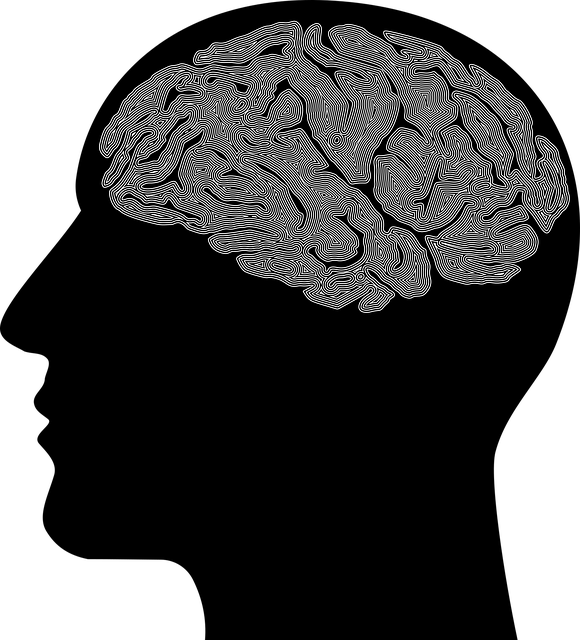Louisville's approach to crisis intervention goes beyond immediate response, deeply integrating holistic PTSD therapy. Emphasizing both current crisis and underlying trauma, the city combines traditional techniques like mindfulness meditation with modern methods such as stress management workshops and mental wellness journaling. This inclusive strategy empowers individuals facing PTSD-related crises, fosters resilience, and promotes early intervention through community support. Specialized services, education programs, and a podcast series further enhance Louisville's commitment to building resilient communities post-traumatic events.
In the heart of Louisville, the impact of post-traumatic stress disorder (PTSD) therapy has been a guiding light for mental health professionals. This article delves into crisis intervention strategies tailored to Louisville’s unique context, focusing on understanding PTSD and its effects. We explore immediate crisis steps, emphasizing practical guidance for local professionals. Additionally, we highlight the importance of post-crisis support and community recovery efforts to build resilience. Discover how these strategies are revolutionizing Louisville’s approach to mental health care.
- Understanding Crisis Intervention: A Louisville Perspective on PTSD Therapy
- Immediate Steps in a Crisis: Strategies for Louisville Mental Health Professionals
- Post-Crisis Support and Recovery: Building Resilience in the Community
Understanding Crisis Intervention: A Louisville Perspective on PTSD Therapy

In Louisville, the approach to Crisis Intervention goes beyond mere reaction; it’s deeply rooted in a comprehensive understanding of Post-Traumatic Stress Disorder (PTSD) therapy. This perspective emphasizes a holistic view of mental health, recognizing that effective intervention requires addressing not just the immediate crisis but also the underlying trauma. The city’s therapeutic practices integrate various techniques, including mindfulness meditation and stress management workshops, to empower individuals in navigating their mental health journeys.
Louisville’s commitment to Mental Health Awareness has led to the development of innovative programs that combine traditional therapy with modern approaches. By focusing on early intervention and community support, Louisville offers a beacon of hope for those facing crises related to PTSD. This inclusive strategy not only helps individuals manage acute stress but also fosters resilience, enabling them to participate actively in their recovery and reclaim control over their lives.
Immediate Steps in a Crisis: Strategies for Louisville Mental Health Professionals

In the immediate aftermath of a crisis, Louisville mental health professionals play a pivotal role in providing swift and effective interventions. The first steps are critical as they can significantly impact an individual’s ability to recover from conditions like Post-Traumatic Stress Disorder (PTSD). One effective strategy is to create a safe, non-judgmental space where individuals feel heard and understood. This involves active listening, empathy, and the use of compassion cultivation practices to help clients process their emotions.
For Louisville mental health professionals, stress reduction methods are essential tools in managing both client and provider burnout. Given the demanding nature of crisis intervention, incorporating burnout prevention strategies is crucial. This includes ensuring adequate self-care practices among providers, fostering a supportive work environment, and integrating mindfulness techniques to enhance resilience. These immediate steps not only support clients in navigating their crises but also safeguard the well-being of mental health professionals.
Post-Crisis Support and Recovery: Building Resilience in the Community

Post-crisis support and recovery are vital components in fostering resilience within communities, especially after traumatic events. In Louisville, addressing Post-Traumatic Stress Disorder (PTSD) through therapy has been a significant focus, offering specialized services to those affected. This process involves not just immediate aid but also long-term strategies to enhance mental wellness. One effective approach is encouraging individuals to engage in mental wellness journaling exercises, allowing them to process their experiences and emotions in a safe and reflective manner. Such practices have been shown to improve coping mechanisms and promote healing.
Additionally, mental health education programs designed for communities can play a crucial role in building resilience. Educating folks on recognizing signs of trauma and providing guidance on available support services empowers individuals to take proactive steps towards recovery. Even production of a mental wellness podcast series can offer valuable insights and share success stories, normalizing conversations around mental health and encouraging further exploration of coping strategies. These holistic efforts contribute to a more resilient community, ensuring better preparation for future challenges.
Louisville’s approach to crisis intervention emphasizes holistic support, integrating mental health professionals with community resources. By understanding the unique challenges faced by individuals with Post-Traumatic Stress Disorder (PTSD), implementing immediate crisis strategies, and fostering post-crisis recovery, the city aims to build resilience and improve long-term outcomes. This comprehensive guidance ensures that Louisville’s approach to crisis intervention not only addresses the immediate needs of those in distress but also promotes sustainable healing and well-being within the community.








